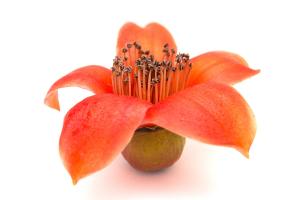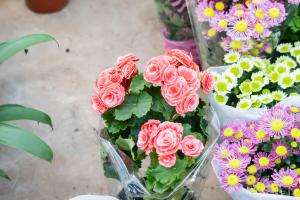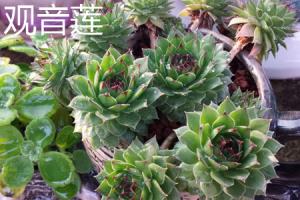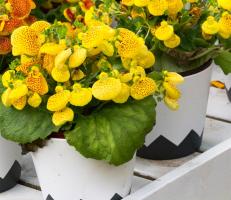Massachusetts Plant Zone: Understanding the Climate and Plant Types
If you are a gardening enthusiast or just simply enjoy taking care of plants, it is essential to know what plant zone Massachusetts is in. Understanding the climate in which you live is crucial in determining the types of plants that will thrive in your area. In this article, we will explore the different plant zones in Massachusetts and the plant types that are best suited to grow in your region.
What is a Plant Zone?
A plant zone is a geographical area that is defined by its climate and weather patterns. It is determined by the average annual minimum temperature, which provides a guideline for the types of plants that will grow well in a particular area. The United States Department of Agriculture (USDA) has divided the entire country into 13 different plant zones, with each zone having a different range of temperatures.
Massachusetts Plant Zones
Massachusetts lies in USDA Plant Hardiness Zones 5b through 7a. Zone 5b is located in the western parts of the state and has an average minimum winter temperature of -15 to -10 degrees Fahrenheit, while zone 7a is located in the southeastern coastal areas and has an average minimum winter temperature of 0 to 5 degrees Fahrenheit.
The central part of the state is in zone 6a, which has an average minimum winter temperature of -10 to -5 degrees Fahrenheit. These plant zones are important in determining the types of plants that will grow well in your garden or backyard.
Plants for Massachusetts Plant Zones
The climate in Massachusetts presents an ideal environment for a variety of plants to grow. Here are some of the best plant types that are suited for each of the plant zones in Massachusetts.
Zone 5b
For plant zone 5b, which is located in the western areas of the state, some of the plants that will thrive include:
Hydrangeas
Astilbe
Black-eyed Susan
Lilacs
Bee balm
Zone 6a
For plant zone 6a, which is located in the central part of the state, some of the plants that will thrive include:
Peonies
Daylilies
Salvia
Butterfly Bush
Coral Bells
Zone 7a
For plant zone 7a, which is located in the southeastern coastal parts of the state, some of the plants that will thrive include:
Roses
Hydrangeas
Coreopsis
Daylilies
Bleeding Hearts
Conclusion
Knowing what plant zone Massachusetts is in is essential when choosing which plants to grow in your garden. By understanding what plant zone you live in, you can determine the types of plants that are best suited for your area. Make sure to research more about the specific needs of each plant and how to take care of them. With the right knowledge and care, you can have a beautiful and bountiful garden in Massachusetts.

 how many times do yo...
how many times do yo... how many planted tre...
how many planted tre... how many pine trees ...
how many pine trees ... how many pecan trees...
how many pecan trees... how many plants comp...
how many plants comp... how many plants can ...
how many plants can ... how many plants and ...
how many plants and ... how many pepper plan...
how many pepper plan...































